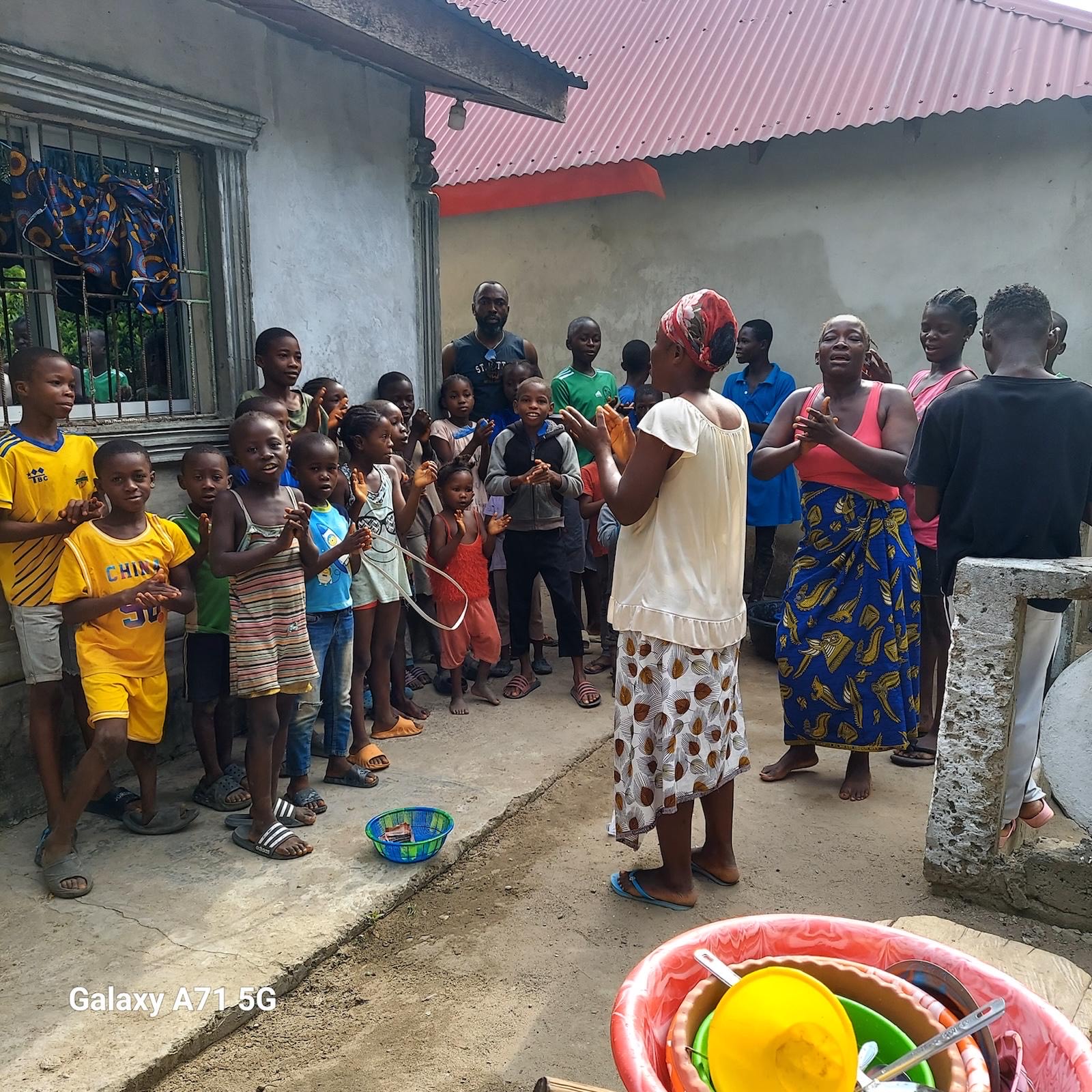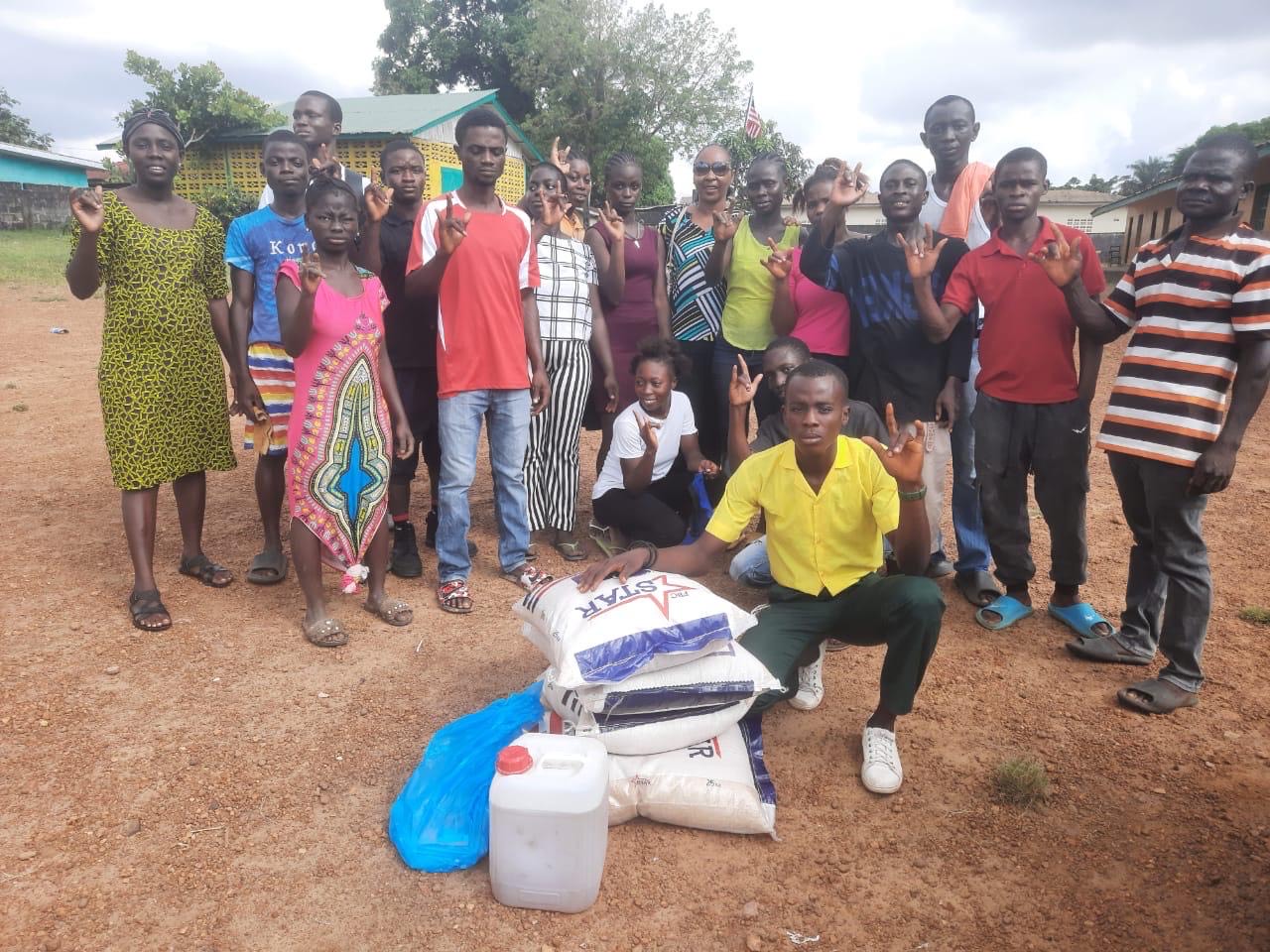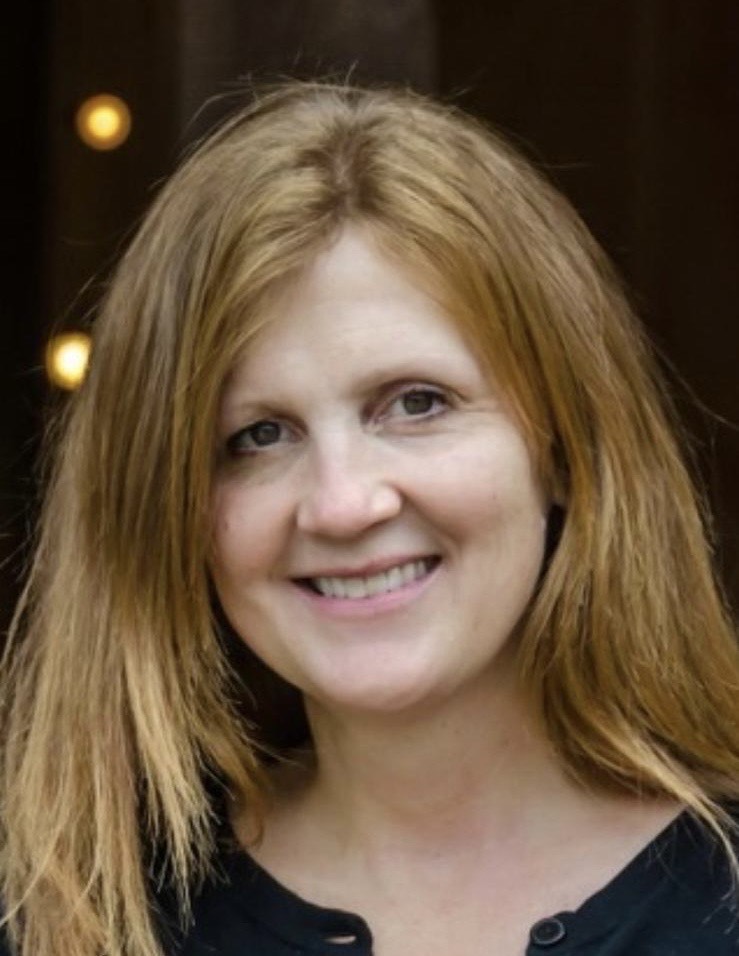
The Dreamer
Siah Yamasu was born in Gbarnga City, Bong County, into a family that didn't know God. Her journey began at age 14 when a childhood friend took her to church for the first time. From that moment, she became a Christian.
Growing up in Africa, where children have no say and elders are always right, Siah faced countless fruitless attempts to convince her parents and siblings to attend church. But she never gave up. Instead, she began gathering children in the evenings, telling them Bible stories under the moonlight, nurturing their spiritual and social development.
"She was the only one in her family who believed in God, but she believed with all her heart that transformation was possible."

